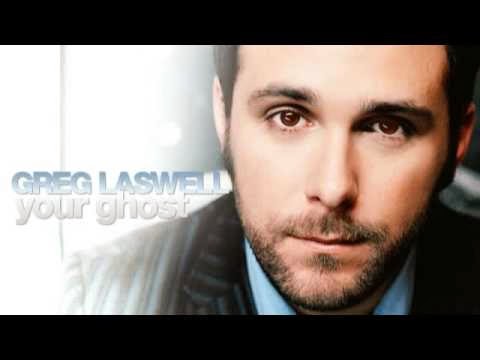After a year in gigantic United States history survey courses (500ish), I now have the chance to teach small research seminars (15ish). It’s nice to know their names, recognize who got their hair cut this week, and celebrate who recently got engaged. For me, one of the best elements of the smaller class is that I get to teach writing, my first true love. A failed and failing poet, I emphasize that historical writing is a particular art form, no less beautiful than dancing or film making or miming.
 Thus far, I’ve used three songs for us to consider the art of writing. Each song, in its own quirky way, helps me think about writing … so I hope it helps them at least think about what writing is for them. And so … here’s my playlist:
Thus far, I’ve used three songs for us to consider the art of writing. Each song, in its own quirky way, helps me think about writing … so I hope it helps them at least think about what writing is for them. And so … here’s my playlist:- Hellogoodbye’s “Dear Jamie … Sincerely Me.” Underneath this mellow indie love song is the question not simply of what to write, but how. The singer asks, “Should I trust this dialect? / To convey the right effect.” History writing, we discuss, is a particular dialect to convey particular effects. It is, of many things, the use of primary sources to make analytical arguments about change over time and context. These arguments, moreover, are always in conversation with other scholars and scholarship.
- (warning, explicit) Fort Minor’s “Remember the Name” (warning, explicit). Hip-hop and rap battling is one way to think about historiography. But what I like about this song is the emphasis on percentages of work. “10% luck, 20% skill / 15% concentrated power of will / 5% pleasure, 50% pain / And a hundred percent reason to remember the name!” My experience as a writer and historian is that this is somewhat accurate. The luck of a finding a source, the skill to know what to do with it, the concentrated will to locate the words to analyze it. I experience much more than 5% pleasure, but 50% pain sounds about right for the process of writing.
- Greg Laswell (with Sara Bareillis), “Come Back Down.” I use other songs from southern California’s own Greg Laswell in my other classes, such as “Comes and Goes (In Waves)” in U.S. religious history, but “Come Back Down” is my ultimate favorite historical writing song, especially for the capstone class. So much of it applies for our situation. We always “come back down” to the evidence, the primary sources. We can be in the stratosphere of theory and imagination as much as we like, and it is fun up there, but we have “come back down” over and over and over to the sources. Since this is the capstone class, the university faculty are “almost done here.” It’s time for them, the students to “take it on your own from here.” And finally, “all of your wallowing is un-becoming.” Doing the hard work of research, writing, editing, and more writing is a process of becoming. One becomes a writer as the paper becomes a story. The various forms of wallowing – complaining about how difficult the process is or fretting over what sources one cannot locate – get in the way of becoming. In fact, it is un-becoming (I share this with my graduate students when they start discussing their students in a negative fashion)
And, just so everyone knows, Laswell has a new album coming out in a week, “I Was Going to be An Astronaut.” I’m excited to see what new kinds of music and lyrics he’s got for me to bring to the classroom and have my students think lyrically, melodically, and passionately about writing or just being an artist in our world.

